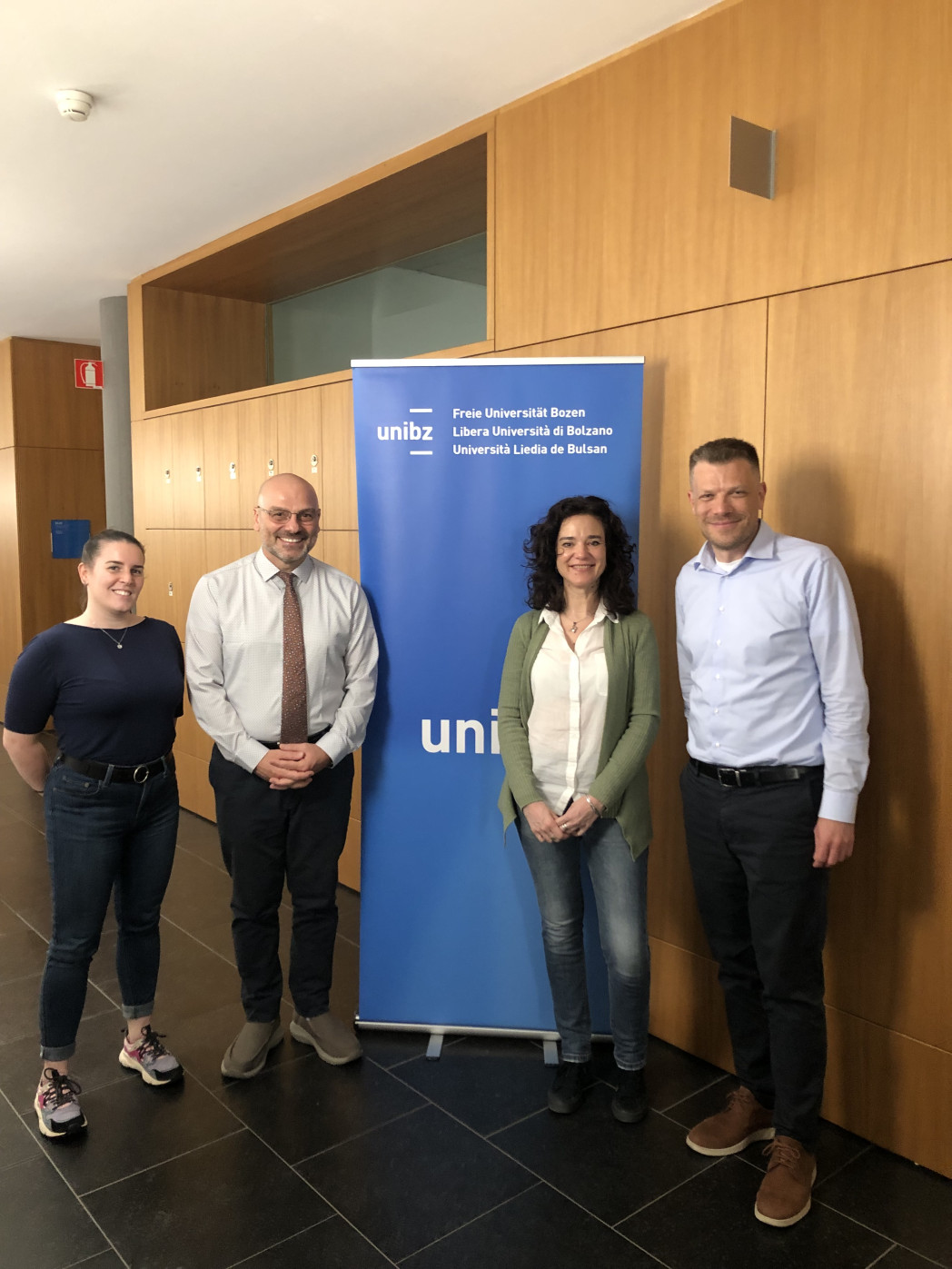
Confronting Crises by Converting Businesses to Co-ops
The Competence Centre for the Management of Cooperatives had the opportunity to host professor and researcher Marcelo Vieta from the University of Toronto.
The focus of his seminar has been on the question: “Could workers fully controlling their workplaces and livelihoods do it better?”. Professor Vieta outlined how employees are catalyzed to create cooperatives, pushed by crises and fundamental needs, as well as the relevance of cultural factors or mutual learning in this process. There are three major pathways: labour-conflict recuperations, mostly in South American countries, negotiated conversions, as happens in Italy, France, Spain and Quebec and partial conversions, common in the US, Canada, UK and Venezuela.
Professor Vieta also introduced his research on Workers Buy-Out (WBOs) in collaboration with Euricse, emphasizing the fact that Italy possesses all key elements of an effective and resilient ecosystem, in which national legislation (Italy’s Legge Marcora) and a rich enabling environment for conversions to cooperatives play a significant role. Among these key elements we find: individual promoters and professionals who provide support, organizational catalyzers, adequate policy and legislation, accessible financing and funding, education, information and knowledge, social network and social capital, and finally a culture of cooperation and historical circumstances.
Argentina also has many cases of so-called “empresas recuperadas”, workplace takeovers by workers in moments of micro- and macro-economic crises. They represent radical social innovations—novel, socially-driven responses to economic crises that prioritize collective benefit over private gain. As worker-run enterprises reclaimed from failing or abandoned businesses, these cooperative succession models challenge traditional capitalist and neoliberal models by creating more equitable, sustainable, and community-oriented forms of economic organization.
A special thanks also to Paola Rovelli which has enriched the discussion with valuable comments.